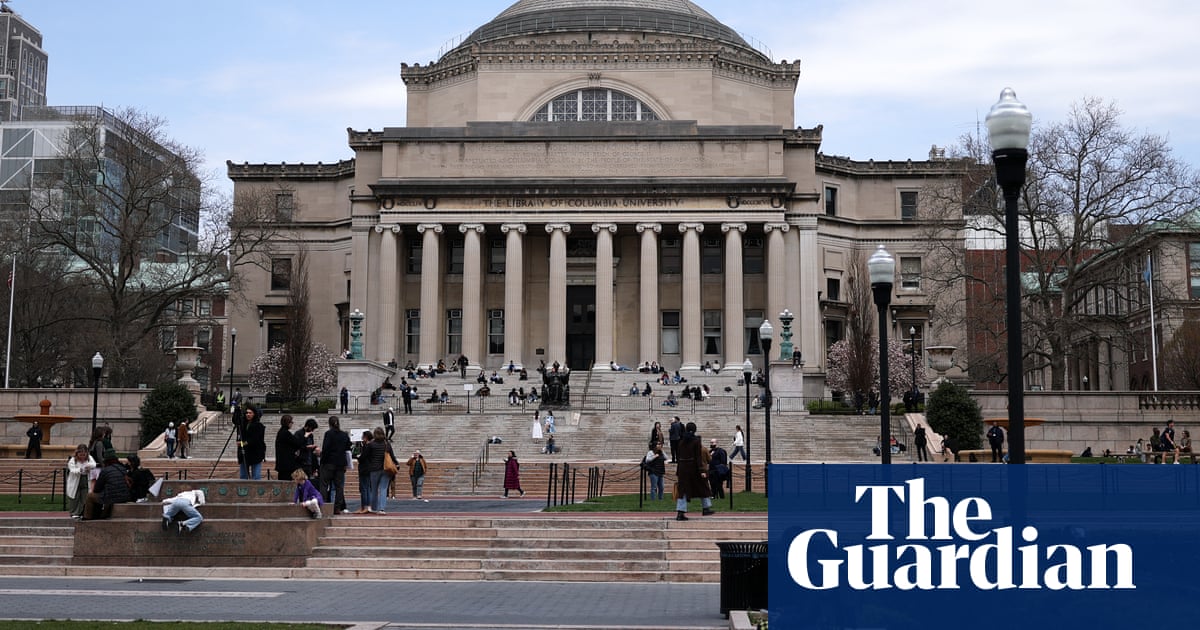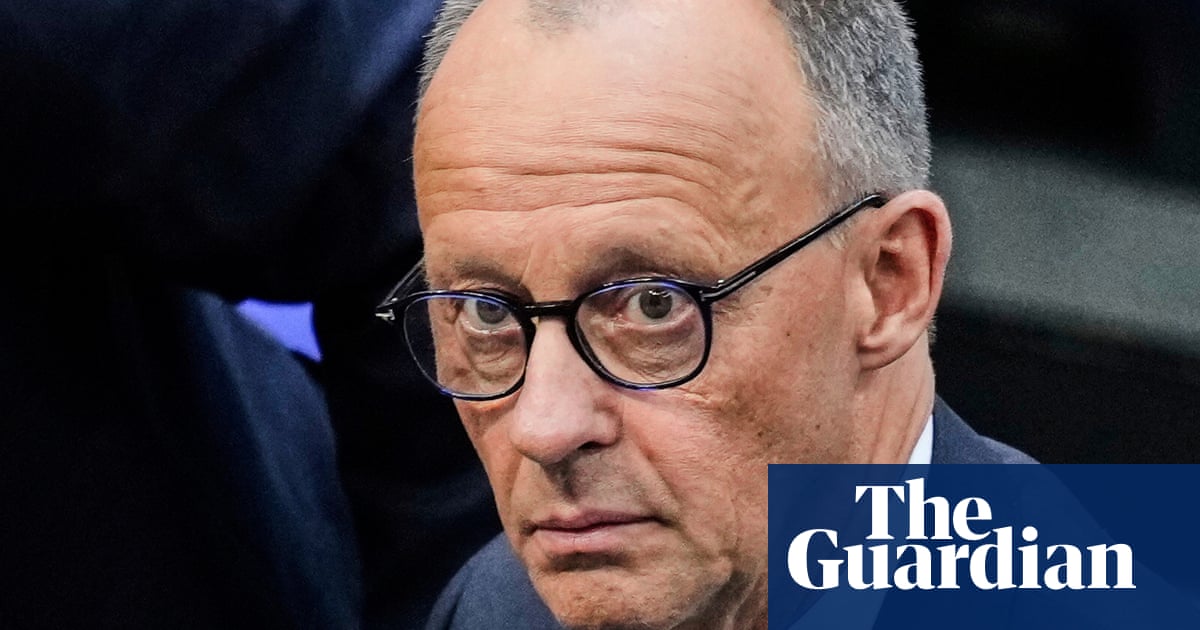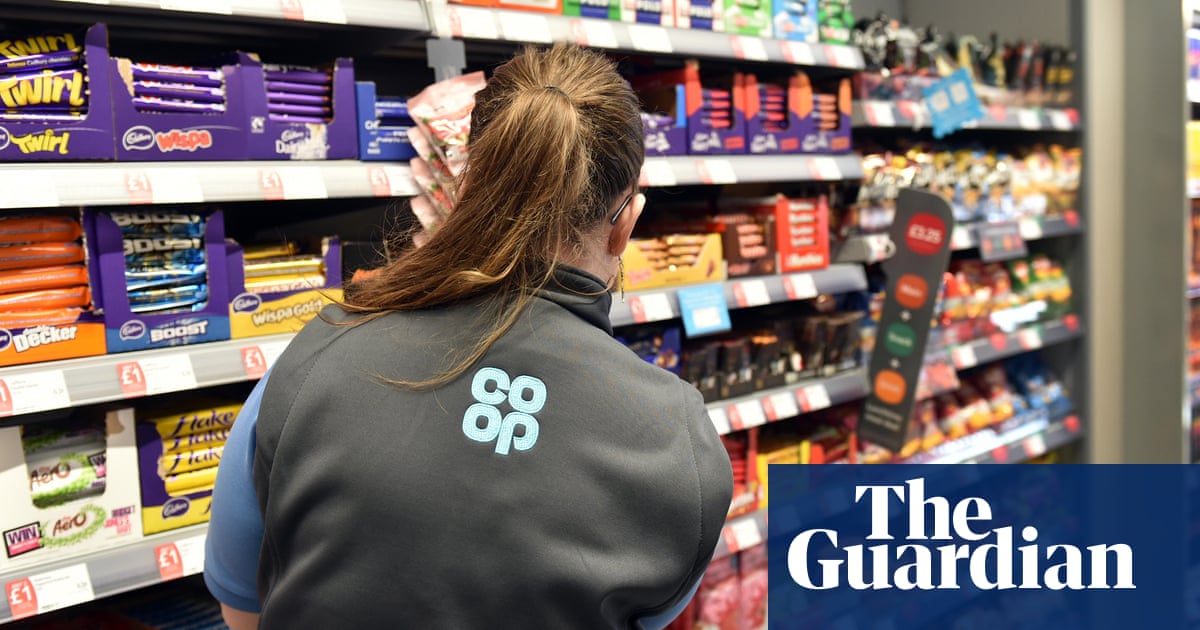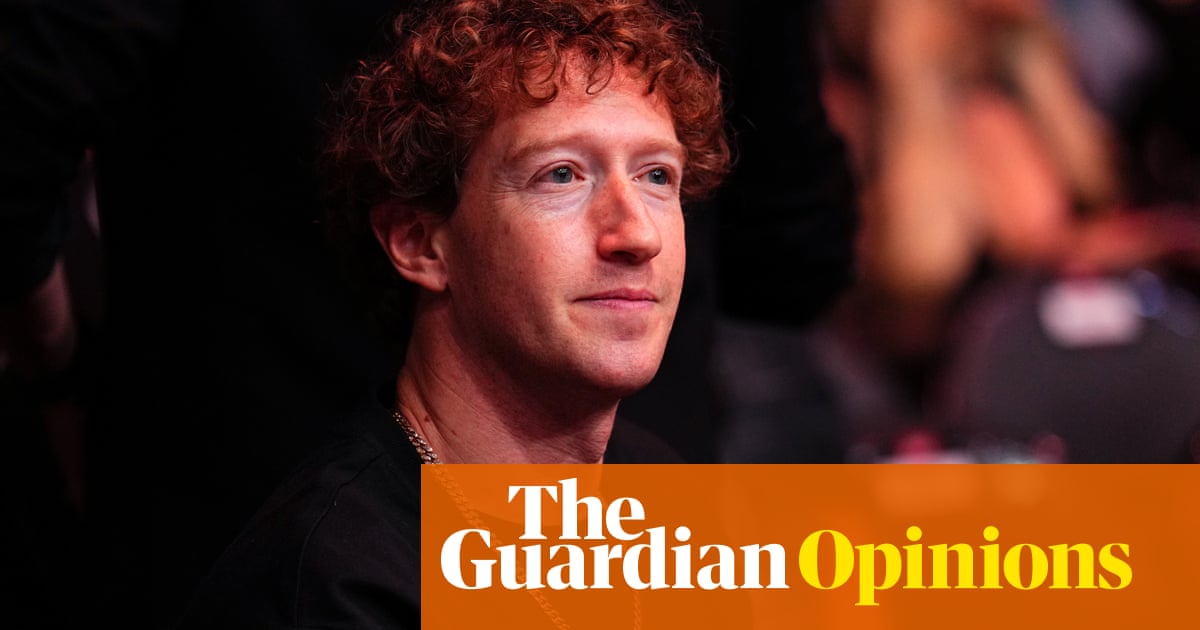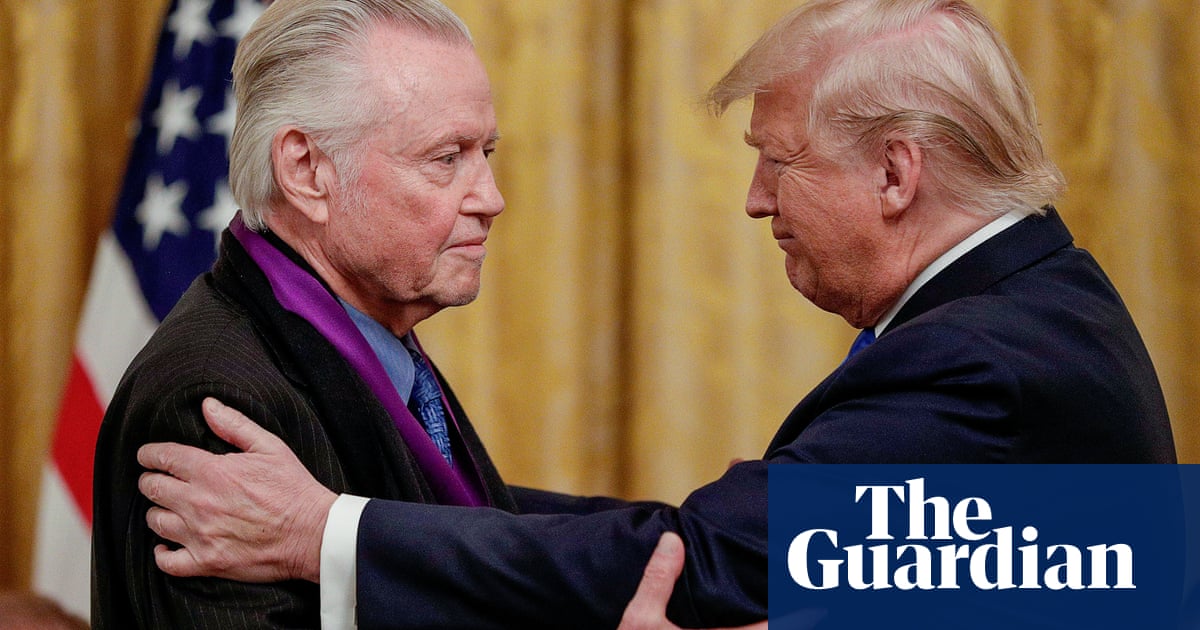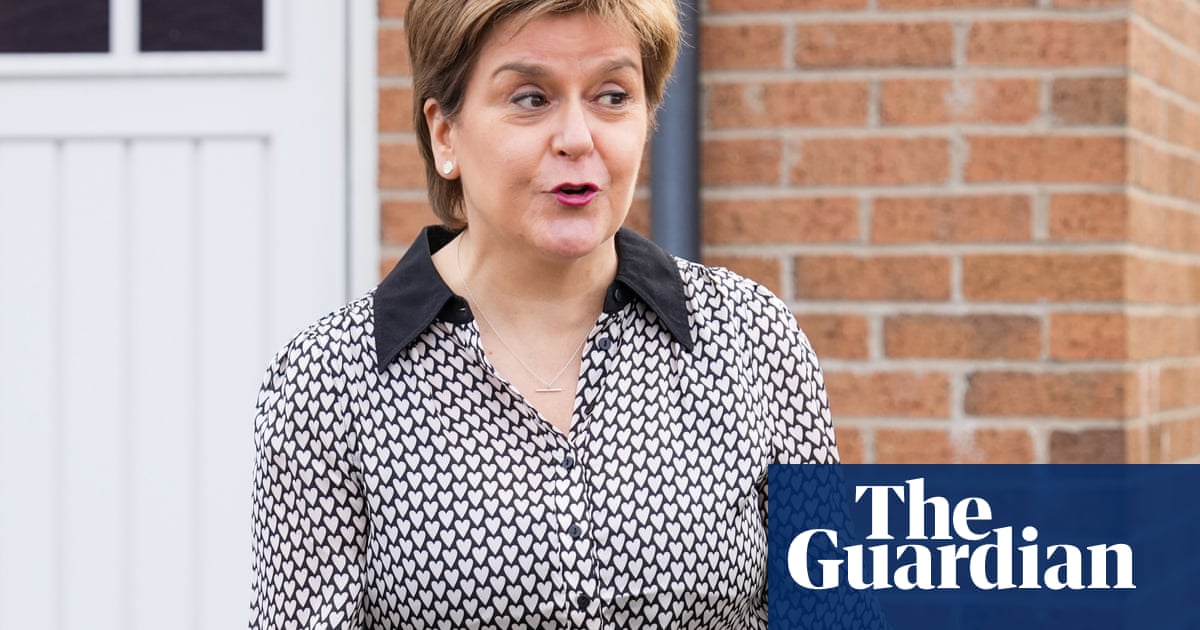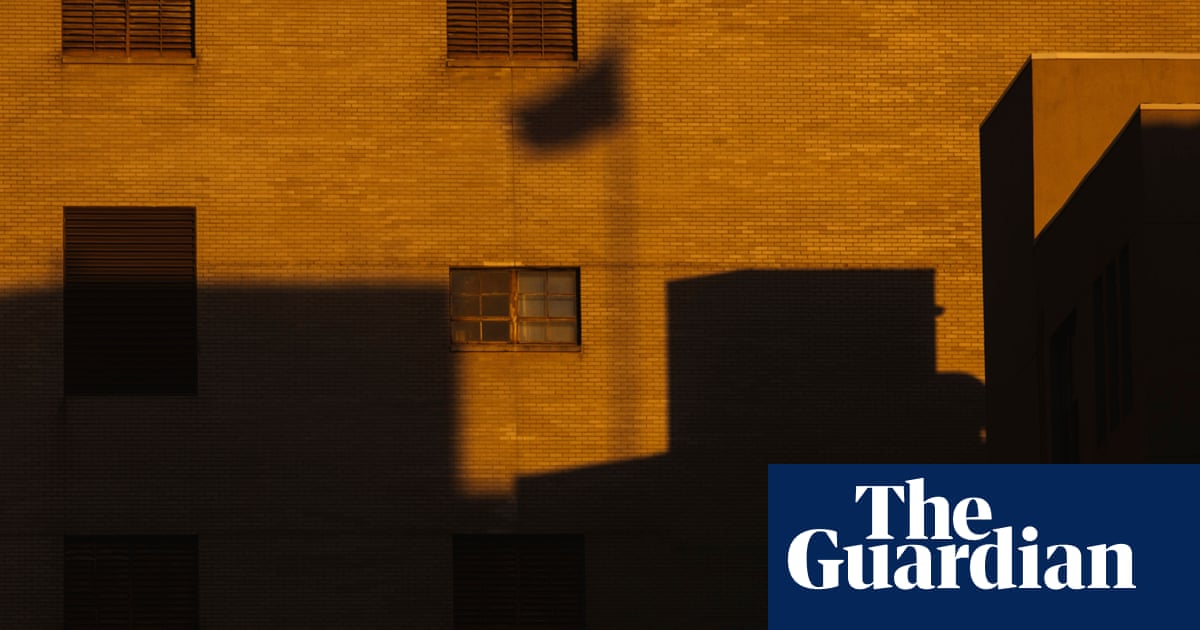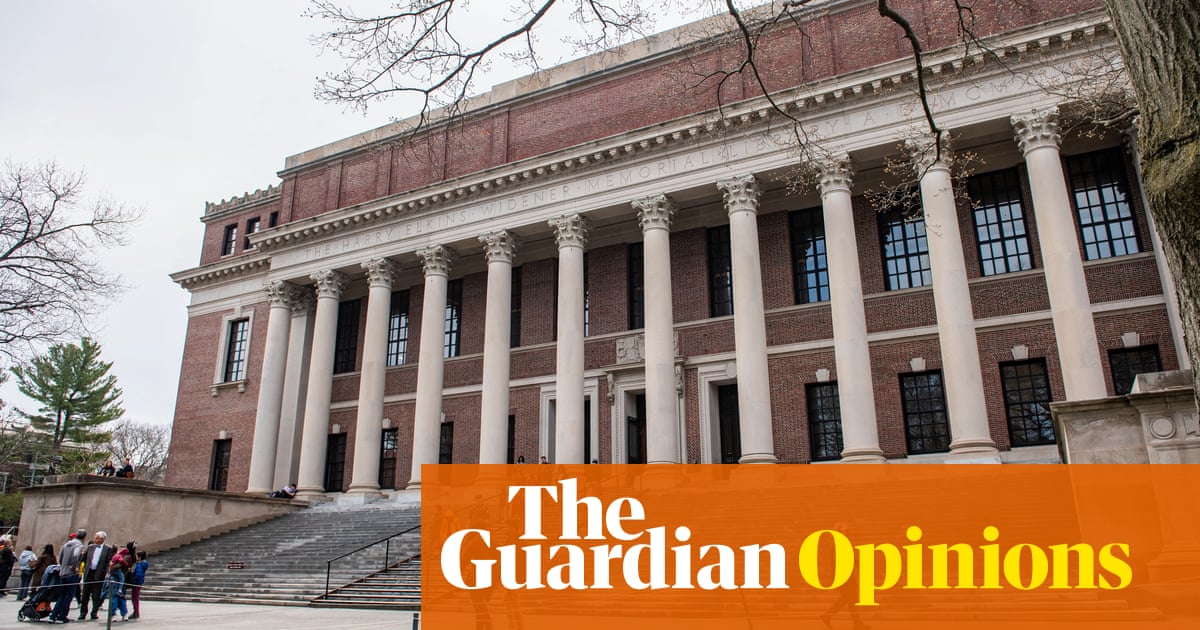Key events Show key events only Please turn on JavaScript to use this feature
Donald Trump’s administration on Monday pushed forward in defending US rules easing access to the abortion drug mifepristone from a legal challenge that began during Democratic former president Joe Biden’s administration.
The US Department of Justice in a brief filed in Texas federal court urged a judge to dismiss the lawsuit by three Republican-led states on procedural grounds.
While the filing does not discuss the merits of the states’ case, it suggests the Trump administration is in no rush to drop the government’s defense of mifepristone, used in more than 60% of US abortions.
Missouri, Kansas and Idaho claim the US Food and Drug Administration acted improperly when it eased restrictions on mifepristone, including by allowing it to be prescribed by telemedicine and dispensed by mail.
The justice department and the office of Missouri’s attorney general, Andrew Bailey, did not immediately respond to requests for comment.
The city of New York and the Metropolitan Transportation Authority asked a US judge late on Monday to block the Trump administration from killing Manhattan’s congestion pricing program.
Lawyers for the city’s transport department and the MTA sought an order to block Transportation Secretary Sean Duffy’s effort to kill the program and his threat to withhold federal government approvals for other projects and funding.
New York launched its first-in-the-nation program in January, charging most passenger vehicles a toll of $9 during peak periods to enter Manhattan south of 60th Street, in a bid to cut congestion and raise funds to improve mass transit.
President Donald Trump said Moscow and Kyiv want to settle the war in Ukraine and that Russian president Vladimir Putin was more inclined towards peace after the recent fall in the price of oil.
“I think Russia with the price of oil right now, oil has gone down, we are in a good position to settle, they want to settle. Ukraine wants to settle,” Trump told reporters in the Oval Office on Monday.
The price of oil – which drives the Russian economy – has fallen about $15 a barrel since the start of the year. OPEC+ will accelerate oil output hikes, sources told Reuters.
“We’ve come a long way, and, it could be something will happen, but hopefully it will,” Trump said.
Mike Pence rebukes Trump over tariffs and ‘wavering’ support for Ukraine

Robert Tait
Donald Trump’s tariffs policy will trigger a “price shock” and possible shortages, and lead to public pressure on him to change his approach, the former vice-president Mike Pence has said.
In one of his most wide-ranging critiques yet on the policies of the president he used to serve, Pence, speaking to CNN, derided the White House’s “wavering” support for Ukraine and declared – in direct contradiction of repeated assurances from Trump – that President Vladimir Putin of Russia “doesn’t want peace”.
Pence’s comments came in an interview after receiving the John F Kennedy Profile in Courage award in recognition of his refusal to bow to pressure from Trump to overturn the 2020 presidential election when he presided over Congress’s certification of the results on 6 January 2021.
The vice-president’s determination to carry out his constitutional role and certify Joe Biden’s victory presaged an attack on the US Capitol by a violent mob, who chanted “hang Mike Pence”, as the vice-president was spirited to safety by security personnel.
Pence told CNN’s Kaitlan Collins that Trump’s decision to pardon about 1,600 convicted rioters after he returned to office in January “sent the wrong message”.
“I was deeply disappointed to see President Trump pardon people that engaged in violence against law enforcement officers that day,” he said.
FDA bargaining session cancelled over layoffs, union says
The Trump administration last week canceled the first bargaining session scheduled with the US Food and Drug Administration’s largest workers’ union since its ability to represent government staff was temporarily restored by a federal court, according one of the union’s bosses.
President Donald Trump in March signed an executive order that excluded agencies from collective bargaining obligations that he said “have as a primary function intelligence, counterintelligence, investigative, or national security work.”
The order applied to the FDA, as well as agencies under the Justice, State, Defense, Treasury and Veterans Affairs departments, Reuters reports.
Senior US district judge Paul Friedman on 25 April issued an injunction to block the executive order from being implemented, pending the outcome of a lawsuit by the National Treasury Employees Union (NTEU), which represents about 160,000 federal employees including as many as 9,000 FDA staff.
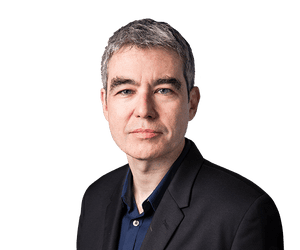
Robert Mackey
The US Department of Education informed Harvard University on Monday that it was ending billions of dollars in research grants and other aid unless the school accedes to a list of demands from the Trump administration that would effectively cede control of the nation’s oldest and wealthiest university to the government.
The news was delivered to Dr Alan Garber, Harvard’s president, in a deeply partisan letter from Linda McMahon, the education secretary, which she also posted on social media.
“This letter is to inform you that Harvard should no longer seek grants from the federal government, since none will be provided,” McMahon wrote.
The main reason for the crackdown on Harvard is the school’s rejection of a long list of demands from the Trump administration’s antisemitism taskforce, prompted by campus protests against Israel’s brutal military campaign in Gaza following the Hamas-led attacks of 7 October 2023. McMahon also accuses the university of “a systematic pattern of violating federal law”.
As Garber explained in a message to the Harvard community last month, the university decided to sue the federal government only after the Trump administration froze $2.2bn in funding, threatened to freeze an additional $1bn in grants, “initiated numerous investigations of Harvard’s operations, threatened the education of international students, and announced that it is considering a revocation of Harvard’s 501(c)(3) tax-exempt status”.
The government’s “sweeping and intrusive demands would impose unprecedented and improper control over the university”, Garber wrote.
Opening summary
Good morning and welcome to our US politics blog as Donald Trump prepares to welcome his newly elected northern counterpart, Canada’s Mark Carney, to the White House.
At 11.30am ET the president is due to welcome Carney and the event will also include talks and a lunch. This is unlikely to be a straightforward meeting, Trump’s tariffs on Canada and even suggestions that it could become the “51st state” created anger over the border that helped propel Carney to power.
In his victory speech just a week ago, Carney claimed that Trump wanted to “break us, so that America can own us”, adding: “That will never, ever happen.”
The following day they did have what Trump described as an “extremely productive” call and later he said wanted a “very good relationship” with Canada. Of course, with Trump, things are never predictable, so let’s see how today plays out.
Amid the talks, likely to centre on the tariff issue, the pair seem unlikely to discuss another major subject we’ll be covering today – Trump’s move to block grant funding for Harvard until it meets his demands.
The Canadian economist and central banker is a Harvard graduate and served on the Board of Overseers, Harvard’s second-highest governing body, before resigning earlier this year to take up his role leading the Liberal party.
In other news:
-
Donald Trump has said he is directing the administration to reopen and expand Alcatraz, the notorious former prison on an island off San Francisco that has been closed for more than 60 years. California Democrats called the idea “absurd on its face” and part of the US president’s strategy of political distraction. Other officials pointed to the closure of the prison complex in 1963, known for its brutal conditions, due to operational expense and the high number of (unsuccessful) escape attempts.
-
Trump announced his 100% tariff on films “coming into our country produced in foreign lands” one day after meeting with actor Jon Voight to discuss his proposals to bring film production back to the US – which only suggested that tariffs could be used “in certain limited circumstances”.
-
Donald Trump’s tariffs policy will trigger a “price shock” and possible shortages, and lead to public pressure on him to change his approach, the former vice-president Mike Pence has said. In one of his most wide-ranging critiques yet on the policies of the president he used to serve, Pence, speaking to CNN, derided the White House’s “wavering” support for Ukraine and declared – in direct contradiction of repeated assurances from Trump – that president Vladimir Putin of Russia “doesn’t want peace”.
-
Trump said Moscow and Kyiv want to settle the war in Ukraine and that Russian president Vladimir Putin was more inclined towards peace after the recent fall in the price of oil. “I think Russia with the price of oil right now, oil has gone down, we are in a good position to settle, they want to settle. Ukraine wants to settle,” Trump told reporters in the Oval Office on Monday.
-
Mass protests have been called for 14 June, when Donald Trump plans to throw himself a military parade birthday party.
-
US intelligence officials concluded last month that the government of Venezuela is “probably not directing” the activities of Tren de Aragua gang members inside the United States. That undermines Trump’s claim that the Alien Enemies Act empowers him to deport suspected gang members.
-
The US Department of Education informed Harvard University on Monday that it was ending billions of dollars in research grants and other aid unless the school concedes to a list of demands from the Trump administration that would effectively cede control of the nation’s oldest and wealthiest to the government.

.png) 6 hours ago
4
6 hours ago
4


